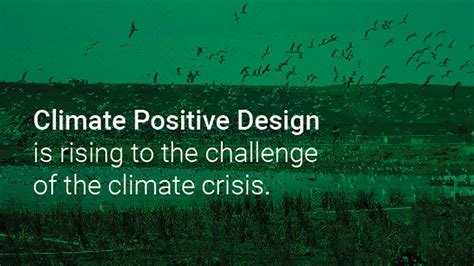Pamela Conrad, Climate Positive Design - A New Toolkit
Pamela Conrad, PLA, ASLA, LEED AP, is an internationally recognized landscape architect, Faculty Lecturer at Harvard’s Graduate School of Design and Architecture 2030 Senior Fellow. Her passion for the environment is deeply rooted – from growing up on a farm in the mid-western United States to studying plant science and regenerative landscape architecture. Pamela’s 20-year career has focused on implementing carbon sequestering nature-based solutions in the built environment ranging from large scale habitat restoration to urban waterfront adaptation. She has been featured in the New York Times, Forbes, Bloomberg, TIME Magazine for Kids, Build Beyond Zero (2022), and on stage at the UN COP27 Climate Conference.
Pamela Conrad
Pamela’s influential carbon research is elevating the net positive impacts of the exterior built environment. She focuses on finding solutions to the climate and biodiversity crises and planning for a resilient future as the American Society of Landscape Architects (ASLA) Climate Action Plan Chair and International Federation of Landscape Architects Climate and Biodiversity Working Group Vice-Chair, including spearheading the Climate Action Commitment of net zero emissions by 2040 from 75,000+ professionals globally.
Pamela has received numerous awards including the Metropolis Planet Positive Award, Engineering News Record Top 25 Newsmakers, Architects Magazine R+D Award, USACE Award of Excellence, ASLA’s Award of Honor, AILA President’s Award, and San Francisco Business Times Women of Influence Award.
Photo Credit: Climate Positive Design
As part of Pamela’s work, she and fellow colleagues Greg Barger and Eustacia Brossart (along with a legion of other contributors worldwide - see her extensive list of credits here) have just released the New Climate Positive Design Toolkit.
What’s new?
- deeper guidance on reducing embodied carbon emissions, especially from concrete and steel
- expanded approaches that encompass landscape architecture, planning, civil engineering, and infrastructure, for municipalities and institutions
- strategies beyond carbon related to community health and resilience while supporting biodiversity and equity through action and advocacy
The four pillars of the toolkit are Carbon Drawdown, Climate Resilience, Equity, and Advocacy. The use of the pillars breaks down this complex subject into digestible, bite-sized, pieces and actions, perfect for use in practice, but also for advocacy discussions.
LINK to web version: https://lnkd.in/g-S4myd
FULL detailed PDF: https://lnkd.in/dxAVjdgh
Photo Credit: Climate Positive Design
This article is shared with permission from Pamela Conrad.


